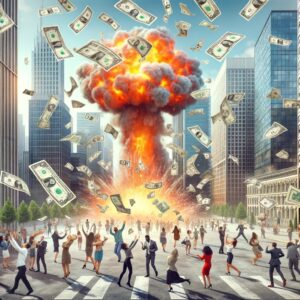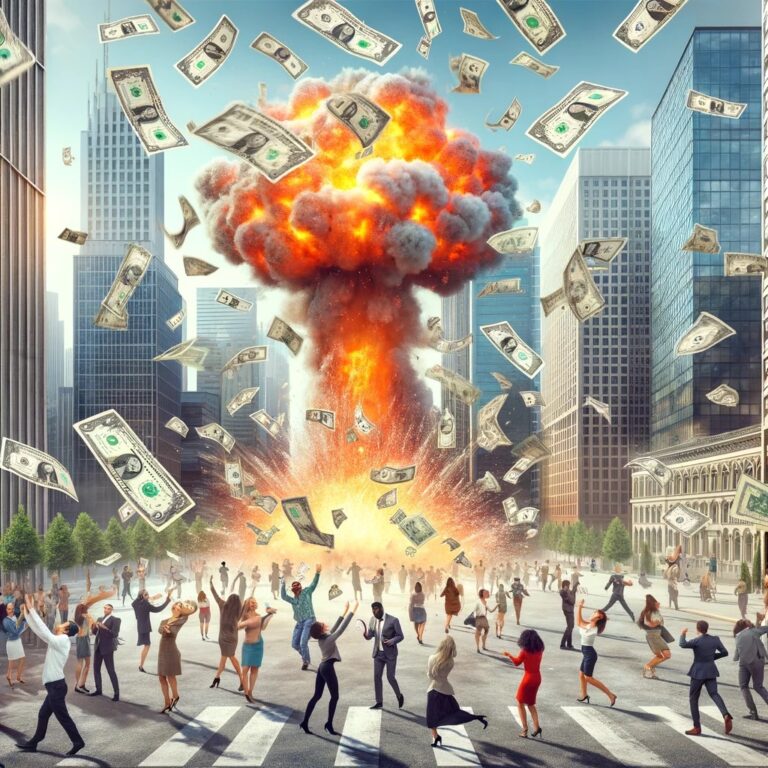There may be a charitable way to interpret the following Wall Street Journal statement in a report on Mr. Putin’s replacement of his defense minister (“Putin replaces Russian defense minister in security shakeup», May 12, 2014):
Military spending, which has soared to more than 6 percent of gross domestic product this year from 2.6 percent before the war, has fueled much of the country’s economic growth, helping it weather the impact of Western sanctions. Factories producing shells and tanks worked multiple shifts to cope, increasing employment and wages.
Russian government propaganda makes similar claims.
Apart from pure propaganda, of which we cannot of course suspect WSJ The most obvious interpretation is that of excessive Keynesianism: increased military spending and the destruction of military equipment (and soldiers) are supposed to fuel economic growth relative to what it would otherwise be. We can then wonder why the North Korean leader’s military spending does not fuel strong economic growth in this country. And suppose that instead of 6% of Russian GDP, the government spent 100% of this money on military activities, that is, it devoted all the country’s resources to war and preparation for war, would not even stronger economic growth have been possible? successful? I explored the mystery of this alchemy in another EconLog article, “SGZ as a recipe for economic growth.”
The fact that the new Russian Defense Minister, Andrei Belousov, is presented as an economist adds an ingredient to the alchemical mix. According to ReutersBelousov graduated from the Faculty of Economics at Moscow State University in 1981. Anyone can claim to be an economist (fortunately, this is not a professional title that requires government certification, at least in free countries), but a diploma from a Moscow state university in 1981. the communist era does not constitute the best authentic proof of mastery of economic analysis tools. As I suggested before, an economist who takes economics seriously could not remain in the service of a totalitarian state for long; and Belousov East a longtime apparatchik.
********************************************
One caveat about the image presented in this article, the work of DALL-E and your humble blogger: it suggests that economics is about money, which is not the case.

Government alchemy, by PL and DALL-E


